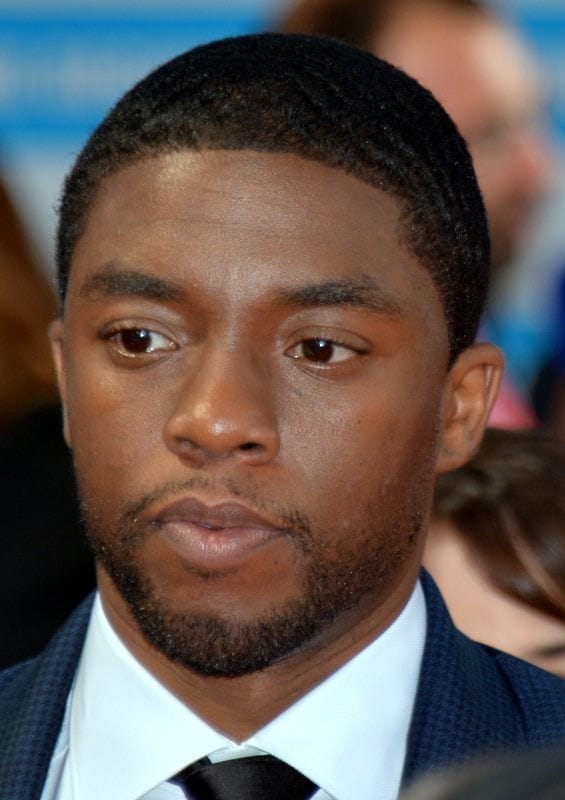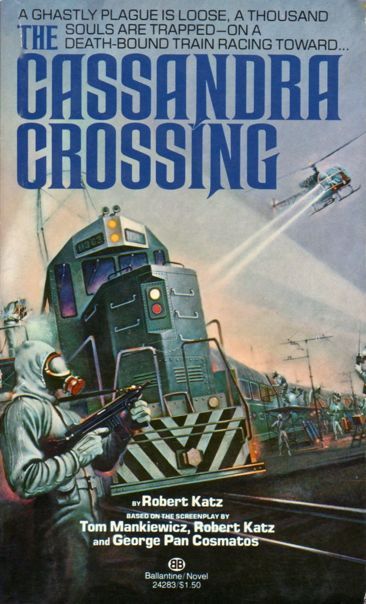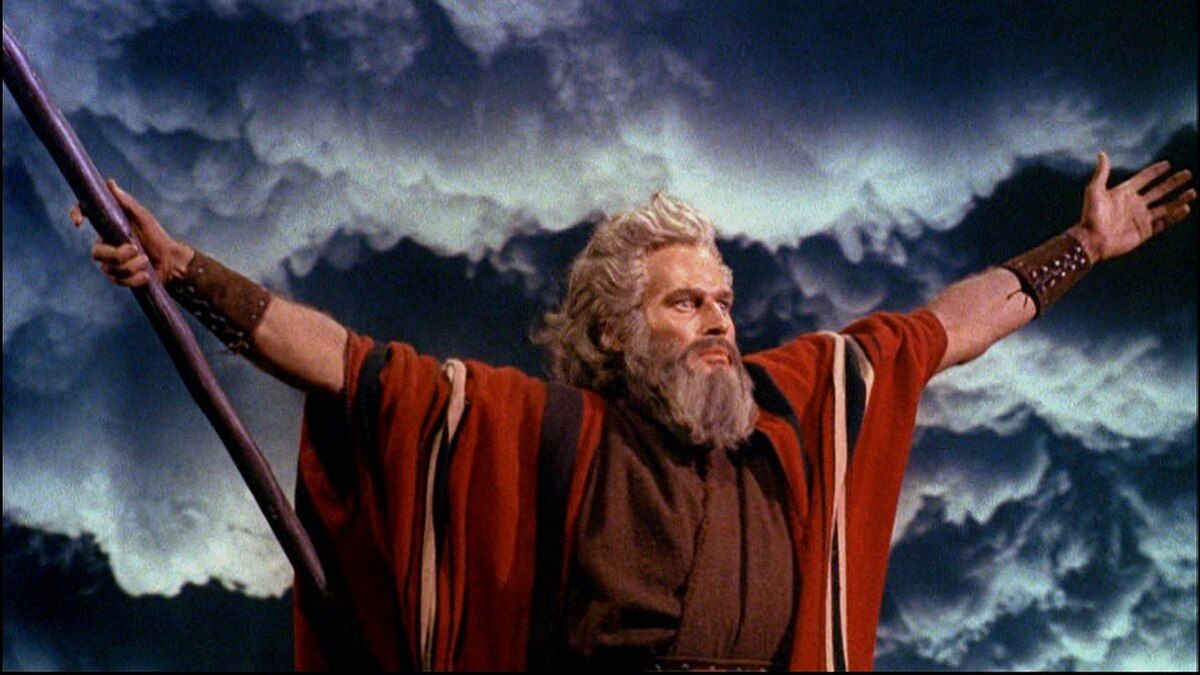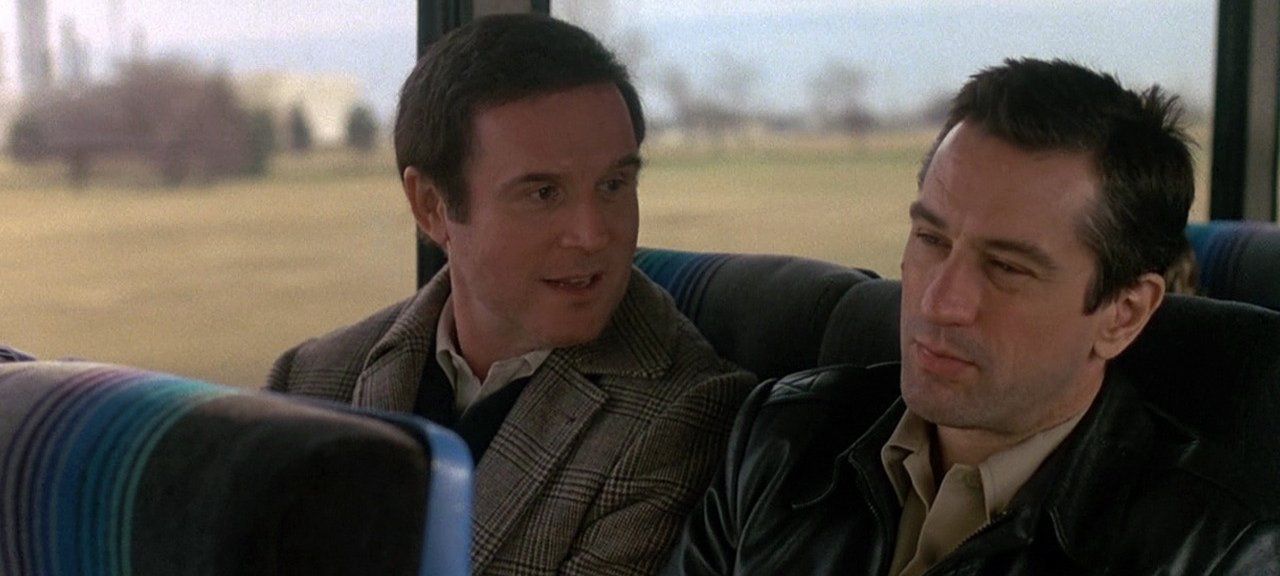
Chadwick Boseman, an actor whose presence illuminated screens and inspired millions, left an indelible mark upon the world. His sudden demise at the age of 43 on August 28, 2020, sent shockwaves throughout the globe, unveiling a concealed battle against colon cancer that he had quietly endured for four years. The profound silence surrounding his illness, a progression from Stage 3 to Stage 4, transformed his body of work and public appearances into a testament to unimaginable strength and unwavering resolve. His story is not merely one of celebrity and cinematic accomplishment, but a compelling narrative of resilience, dignity, and an unrelenting commitment to his craft and community. This commitment persisted even as his own life was quietly ebbing away, leaving behind a legacy that continues to reverberate.
His life became a profound lesson in navigating immense personal struggle with grace, challenging societal expectations of vulnerability, and utilizing one’s platform to uplift others without seeking personal sympathy. Boseman’s narrative speaks volumes about the human spirit’s capacity for quiet fortitude. This extraordinary actor, renowned for his iconic portrayals, meticulously safeguarded his private world while publicly embodying strength and conviction. He demonstrated to the world that true heroism often lies not in outward displays of pain, but in silent perseverance. His choices continue to inspire contemplation on what it means to live with purpose and integrity.
What many did not realize was that behind the magnetic portrayals of historical figures and a groundbreaking superhero, Boseman was waging a deeply personal war. His decision to keep his illness private, continuing to work through aggressive treatments, provides a unique perspective through which to appreciate his dedication. This dedication and sheer willpower enabled him to deliver iconic performances while silently enduring unimaginable pain and fatigue. This in – depth exploration delves into the multifaceted journey of his extraordinary life, starting with the formative experiences that molded him into the warrior he ultimately became. It probes into the early roots of his artistic calling and the steadfast principles that guided his career.

1. **Chadwick Boseman’s Silent Bravery** Chadwick Boseman never sought public sympathy, a fact that became starkly evident in the wake of his demise. While the cameras flashed and crowds cheered for his global triumphs, he quietly shouldered the burden of a terminal illness. He made a deliberate and courageous decision not to disclose his condition to the world, maintaining a stringent guard over his private life even as he ascended to unprecedented fame. This profound discretion underscored a character defined by immense personal fortitude and an unwavering commitment to his artistic mission. His actions exemplified a unique form of heroism, enacted away from the spotlight.
His silent bravery constituted a defining trait of his final years. Boseman comprehended that overt sympathy could readily eclipse his artistic legacy and the significant messages embedded within his work. By remaining resolutely silent about his diagnosis, he retained vital control over his narrative, ensuring that his actions and performances resonated more profoundly than any personal struggle he was enduring. This dedication enabled him to prioritize the impact of his art over his own suffering, cementing a legacy founded on significance rather than pity. His quiet strength evolved into a potent, unspoken declaration to the world.

2. **A Boy From Anderson With Big Dreams** Born in Anderson, South Carolina, Chadwick Boseman was raised within a working-class family framework that placed a profound emphasis on faith and education. His mother served as a nurse, while his father oversaw a textile factory and ran an upholstery business. This upbringing endowed him with a well-grounded perspective and inculcated a robust work ethic from an extremely early age. The values he imbibed during these formative years significantly molded his character and future pursuits. They established the basis for a life devoted to purposeful creation.
Boseman demonstrated artistic aptitude early in his existence, penning his first play subsequent to the tragic shooting of a classmate. This initial venture into storytelling unveiled an emerging passion for employing art as a medium of expression and a means to process momentous real-world events. His academic odyssey led him to Howard University in Washington D.C., where he obtained a Bachelor of Fine Arts in directing in 2000. It was at this institution that he studied under the renowned Phylicia Rashad, who notably assisted in funding his acting program at Oxford, highlighting a foundation constructed on discipline and an unwavering commitment to his craft, rather than mere ambition.
Read more about: Remembering Sir Sean Connery: An In-Depth Look at the Enduring Legacy of a Cinematic Titan

3. **When Stardom Called, He Answered With Grace** Boseman’s momentous breakthrough came with his depiction of the legendary Jackie Robinson in the 2013 film “42”. This role not only propelled him into the national limelight but also firmly cemented his commitment to selecting culturally significant projects. Rather than merely pursuing roles for fame, he meticulously handpicked those that bore substantial meaning and conveyed powerful messages to audiences. This judicious approach underscored his dedication to a loftier purpose in his career. His selections mirrored a profound comprehension of the impact his work could exert.
He famously declined roles that he believed distorted or misrepresented the Black identity, a testament to his unwavering moral compass. His ascent in Hollywood was thus characterized by a principled devotion to the potency of authentic representation on screen. This ethical stance guaranteed that each character he embodied contributed significantly to broader cultural dialogues, distinguishing him as an actor with a clear and influential vision. His career path was delineated by integrity and a profound conviction in the positive influence of his art.

4. **The Crown That Came With Black Panther** “Black Panther” signified a profound cultural realignment, fundamentally reshaping perceptions and expectations within Hollywood and on a broader scale. As King T’Challa, Chadwick Boseman epitomized dignity, strength, and sovereign authority, presenting a captivating vision of Black excellence unencumbered by colonialism or oppression. The film, which was released in 2018, made cinematic history by becoming the first Black superhero film to gross over $1 billion globally. Its unprecedented success shattered numerous box office records, marking a pivotal moment for diverse storytelling.
The film’s triumph unequivocally demonstrated that global audiences not only desired but also yearned for authenticity, diverse narratives, and stories centered around African heritage and leadership. For the Black community, “Black Panther” functioned as a potent affirmation, with Boseman’s T’Challa emerging as an emblem of dignity and sovereignty on screen. The movie’s signature “Wakanda Forever” salute swiftly transcended the screen, evolving into a real-life symbol expressing Black power and excellence across continents. This cultural impact extended to community officials in Brazil who organized screenings for over 300 children in favelas, many of whom had never experienced watching a movie on the big screen.
While the film showcased exhilarating action sequences, such as T’Challa’s high-octane chase in Busan, South Korea, its most memorable moments frequently derived from deeper themes. T’Challa’s endeavor to terminate Wakanda’s isolationist history, especially when he confronts his ancestors in the spiritual ancestral plane, resonated deeply. His plan to transform Erik Killmonger’s childhood home in Oakland into the world’s inaugural Wakandan International Outreach Centre underscored a message of vital change. Boseman’s genuine warmth in the role harmonized perfectly with the film’s significant call to question existing systems and initiate global assistance.
Read more about: Unleashing the Beasts: The 10 Most Powerful Classic Muscle Cars We Absolutely Crave for Our Garages

5. **More Than Just A Mask And A Cape** To countless fans, T’Challa was a magnificent superhero. However, for Chadwick Boseman, the character represented something far more profound: a vital conduit for cultural celebration. He infused the role with profound African history, meticulously studying accents and ensuring that Wakanda was portrayed as a nation that had never been colonized. Boseman regarded his role as a form of activism through art, rather than mere blockbuster entertainment. His dedication lay in authenticity, creating a character that honored and elevated African heritage.
Beyond “Black Panther,” Boseman’s filmography exhibits a collection of powerful narratives centered on Black icons. He brought to life civil rights lawyer Thurgood Marshall in “Marshall” and the legendary funk artist James Brown in “Get On Up.” Each performance constituted an act of deliberate storytelling, intended to challenge stereotypes and empower audiences. He redefined how biopics could elevate rather than simply imitate, studying his subjects’ movements and values to imbue them with spirit, ensuring that his own understated legacy transcended legendary status.
Read more about: Angel Reese: Unveiling the ‘Bayou Barbie’s’ Natural Glow and Unstoppable Confidence, On and Off the Court

6. **A Private Life Hidden In Plain Sight** While millions celebrated his public triumphs, Chadwick Boseman rigorously safeguarded his private realm, disclosing minimal information in interviews and diverting personal inquiries. In 2016, he was diagnosed with stage III colon cancer, a truth he deliberately elected to withhold from both fans and colleagues. This profound decision enabled him to retain control over his narrative, prioritizing his work and its influence over any potential solicitude for his condition. He navigated his ascending stardom with an unparalleled degree of discretion and emotional fortitude.
He persisted in working tirelessly throughout surgeries and chemotherapy sessions, maintaining absolute confidentiality regarding his condition. This was a deliberate choice, rather than one of denial, motivated by a profound determination to generate meaning and effectuate change while he still had time. His capacity to uphold such a high level of privacy in an age of incessant exposure underscored the immense esteem he garnered and the close-knit relationships he fostered within his trusted inner circle. No disclosures surfaced despite the ever-inquisitive gaze of the public, a testament to the loyalty and reticence of those closest to him.
Read more about: Beyond the Grave: Sharon Osbourne Reveals Ozzy’s Secret Legacy Amidst Privacy Outrage – A Look at the Prince of Darkness’s Final Journey

7. **Diagnosed But Determined To Keep Going** Following his cancer diagnosis, Chadwick Boseman did not withdraw from his arduous career; instead, he dedicated himself to an extraordinary regimen of consecutive major films. He accomplished the filming of “Marshall,” “Black Panther,” “Avengers: Infinity War,” and “Endgame,” undergoing intensive treatment throughout these production processes. His decision to persist in acting was a profound and deliberate choice to imbue his remaining time with significance, creating remarkable works that would inspire and enlighten. This resolute determination manifested a man propelled by a potent sense of mission.
These were physically taxing leading roles, yet Boseman fulfilled them under circumstances that most would deem intolerable. He silently endured the physical toll, managing extreme fatigue and pain while delivering performances that epitomized a generation. Even as his weight loss triggered online speculation, he opted for silence, comprehending that sympathy might overshadow his legacy. His professionalism and unwavering composure on set, even while quietly contending with stage IV cancer, enabled him to conceal his illness behind an almost superhuman guise of strength. He was truly a warrior, battling until the very end.
Read more about: From Screen to Struggle: The Heartbreaking Journeys of 9 Beloved Child Stars Who Faced Fame’s Dark Side

8. **Choosing Silence Over Sympathy** Chadwick Boseman never publicly divulged his illness, neither during press tours, nor on social media, nor even when his physical metamorphosis triggered extensive online speculation. He possessed a profound understanding that overt solicitude could readily overshadow his artistic heritage and the pivotal messages embedded within his oeuvre. This deliberate decision enabled him to manage his narrative and prioritize the influence of his art over any personal tribulation he was enduring.
By maintaining an unwavering silence regarding his diagnosis, Boseman upheld an unparalleled degree of discretion, compelling the world to concentrate on his performances and the characters he animated. His refusal to acknowledge the perceptible alterations in his appearance, such as weight loss, highlighted a rare form of integrity in an era of incessant exposure, solidifying a legacy founded on significance rather than compassion. This silent perseverance became a potent, unarticulated declaration to the world concerning strength and purpose.
Read more about: Kimberly Guilfoyle’s Fox News Exit: A Deep Dive into Allegations of Harassment and the Unseen Forces Behind a High-Profile Departure

9. **The Unwavering Professionalism: Even Co-Stars Unaware** The magnitude of Boseman’s secrecy was truly astonishing, a fact profoundly underscored by the circumstance that even his closest professional collaborators, including directors such as Ryan Coogler and co-stars like Angela Bassett and Lupita Nyong’o, were completely oblivious to his struggle. This remarkable capacity to conceal his affliction, even from those with whom he spent extended and intense periods on set, eloquently attests to his unparalleled professionalism and the close-knit bonds of loyalty he fostered within his inner circle.
On set, Boseman was invariably characterized as reserved yet entirely dependable, never straying from his character or requesting special treatment despite undergoing intensive treatments. His resolute composure and unwavering commitment, even while quietly contending with stage IV colon cancer, enabled him to deliver performances that defined a generation. This profound degree of discretion, upheld even among his closest professional associates, continues to bewilder and touch those who knew him, highlighting the tremendous personal fortitude he possessed.

10. **Visiting Young Fighters While Battling His Own War** In a profound manifestation of empathy and selflessness, Chadwick Boseman regularly visited children contending with cancer, especially at St. Jude Children’s Research Hospital, frequently while undergoing intensive treatments for his own ailment. He brought joy and hope to these young patients, attentively listening to their narratives and providing encouragement, never once disclosing that he privately endured the same diagnosis. This remarkable act of compassion, carried out in silence, serves as a testament to his character.
Hospital personnel frequently characterized Boseman’s comportment during these visits as serene and therapeutic, observing that he arrived without retinues or camera teams. Even on days when he was noticeably frail, he remained wholly focused on uplifting others, exemplifying a quiet leadership in its most authentic form. His presence offered profound comfort, and the heart-wrenching revelation, in retrospect, that he was simultaneously waging the same battle intensified the world’s reverence for his boundless spirit.
During a moving 2018 interview, Boseman emotionally recounted two young fans with terminal cancer who informed him they were “hanging on” to see Black Panther. What no one was aware of at that time, and what renders his words retrospectively more weighty yet profoundly inspiring, was that he too was hanging on to it. This duality underscores his immense bravery and how he consistently prioritized causes and community over personal acclaim, even while terminally ill.

11. **Every Role a Quiet Act of Resistance** After receiving his life-altering diagnosis, Chadwick Boseman’s film selections assumed a new, deliberate depth and purpose. He painstakingly chose roles that not only challenged prevailing stereotypes but also empowered audiences, accomplishing this without ever disclosing the underlying urgency that drove his choices. From his depiction of civil rights lawyer Thurgood Marshall to the sovereign King T’Challa, each performance transformed into a silent act of resistance against his illness and against the historical misrepresentation of Black identity in the media.
Boseman redefined the manner in which biopics could elevate rather than simply imitate, conscientiously studying his subjects’ gestures and fundamental values to imbue them with genuine soul. His dynamic and emotionally multi-layered performances in films such as 42 as Jackie Robinson and Get On Up as James Brown were grounded in integrity and fortitude, eschewing caricatures and instead presenting nuanced, compelling portrayals that deeply resonated with audiences.
Crucially, numerous lines within his post-diagnosis films gained profound personal significance, although viewers were oblivious at the time. In Black Panther, T’Challa’s iconic statement, “I never freeze,” subtly mirrored Boseman’s own unwavering determination in the face of his personal ordeal. He was discreetly infusing his reality into his fictional works, crafting performances that whispered his most intimate truths, anticipating a future moment when the world would finally comprehend the depth of his dedication.
Read more about: Robert Benton, Oscar-Winning Screenwriter and Director, Dies at 92: A Deep Dive into a Cinematic Legacy

12. **A Poignant Farewell in Ma Rainey’s Black Bottom** Chadwick Boseman’s final film prior to his untimely demise, Ma Rainey’s Black Bottom, which was released posthumously, unveiled his most unadulterated and incisive performance as the ambitious trumpet player Levee. In this role, he channeled profound inner turmoil and raged against injustice and loss, a gut – wrenching reflection of his own personal struggle against a relentless illness that was consuming him.
Critics acclaimed his work as career – defining; however, in retrospect, viewers were witnessing a man baring his very soul for the last time. His visibly emaciated frame and intense, unforgettable delivery served as incontrovertible signs of a man functioning at the absolute limit of his physical capacity. This potent portrayal transformed the film into what felt like a poignant, veiled farewell letter to the industry and his devoted audience.
While the narrative of Ma Rainey’s Black Bottom was not explicitly centered on passing away, it was unmistakably influenced by Boseman’s impending death. Levee’s arc, heartbreakingly ensnared by societal structures designed to marginalize Black talent, acquired an additional, devastating poignancy, reminding everyone of a life and career that were tragically cut short and the enduring, unfinished struggles for Black equality and empowerment that still persist.

13. **The World’s Grief and Unveiled Legacy** The announcement of Chadwick Boseman’s demise on August 28, 2020, generated profound shockwaves across the globe, immediately shattering the meticulously maintained silence surrounding his four-year struggle with colon cancer. Disbelief inundated every social media platform as the world discovered, in a single, devastating moment, that its cinematic sovereign had departed, prompting an immediate and profound outpouring of grief.
Posthumous accolades, encompassing a Golden Globe and an Academy Award nomination for his performance in Ma Rainey’s Black Bottom, emerged as bittersweet testimonies to his indisputable brilliance. Hollywood ultimately celebrated him at its zenith, yet the individual who had so valiantly earned this reverence was no longer there to accept it, infusing the historic acknowledgment with an additional layer of sorrow.
Eulogies flooded in from directors, collaborators, and a vast multitude of fans worldwide. Marvel Studios, in an unprecedented gesture, paid homage to Boseman with a special, tradition-defying montage of his performances on Disney+, visually stripped down to his very essence. Across continents, murals and digital tributes materialized, and the phrase “Wakanda Forever” transcended the confines of the screen to become a global emblem of collective mourning and homage, with landmarks illuminated in the royal hues of purple and silver.
Read more about: The Enduring Saga of the Cabover: From Highway Icon to Alex Duquette’s Pristine 1991 Peterbilt 362

14. **An Enduring Icon: Redefining Heroism and Representation** Chadwick Boseman’s impact extended well beyond box – office success, profoundly reshaping the manner in which studios perceived Black – led narratives and dismantling long – standing industry myths. His pioneering work, especially with Black Panther, unlocked crucial opportunities for films such as The Woman King and Judas and the Black Messiah, cementing his belief that representation was not merely an artistic option but an absolute political imperative.
He redefined the public’s comprehension of heroism, demonstrating that authentic strength encompasses vulnerability and that composure under immense pressure constitutes a formidable power in itself. His reticence in publicizing his pain subtly reminded audiences that quiet resilience often surpasses spectacle. He balanced fierce intensity with profound reflection and compassion, fundamentally reshaping discourses around masculinity for contemporary America and beyond, fostering more in – depth discussions about health and the dignity of restraint.
His legacy continues to actively mold the future of culture and representation, remaining vividly alive in school curricula and influencing a new cohort of storytellers. The Chadwick Boseman Foundation for the Arts, established in his honor, now carries forward his legacy, supporting underrepresented storytellers and nurturing emerging artists. By advocating for education, mentorship, and access, the foundation guarantees that his unwavering dedication to purposeful, representative work continues to inspire and guide, remaining perpetually active even in his physical absence.
Chadwick Boseman’s journey was a profound, silent lesson in deliberate living and quiet leadership. He meticulously crafted meaning through his exceptional work, his dignified demeanor, and his unwavering commitment to elevating others, even as he waged his most personal and strenuous battle. His life imparted to us the enduring power of dignity, purpose, and the indomitable human spirit, leaving behind an immortal legacy that continues to inspire, resonate, and steer us toward a more purposeful future.




